Every age, through being beheld too close, is ill - discerned by those who have not lived past it
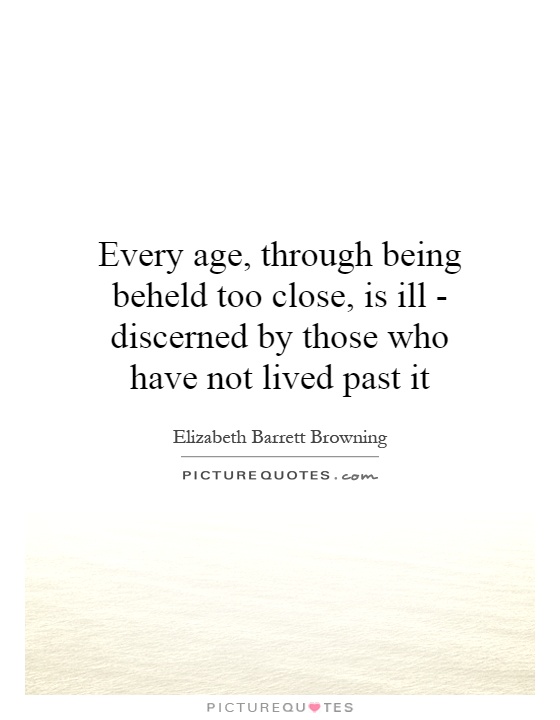
Every age, through being beheld too close, is ill - discerned by those who have not lived past it
Elizabeth Barrett Browning, a renowned poet of the Victorian era, understood the concept that "Every age, through being beheld too close, is ill-discerned by those who have not lived past it." This quote speaks to the idea that individuals who are living in a particular time period may not fully understand or appreciate the complexities and nuances of that era until they have gained perspective and lived through it.In the context of Elizabeth Barrett Browning's life and work, this quote holds particular significance. Browning lived during a time of great social and political change, with the Victorian era marked by rapid industrialization, urbanization, and shifting gender roles. As a woman living in a patriarchal society, Browning faced many challenges and restrictions that influenced her writing and perspective on the world.
Browning's poetry often delved into themes of love, loss, and social justice, reflecting the tumultuous times in which she lived. Her famous work, "Sonnets from the Portuguese," explores the complexities of love and relationships, while also touching on broader themes of identity and self-discovery. Through her poetry, Browning was able to capture the essence of her time period and provide insight into the struggles and triumphs of the Victorian era.
As a poet who lived through the Victorian era, Browning was able to offer a unique perspective on the time period that may not have been fully appreciated by those who did not experience it firsthand. Her work serves as a window into the past, allowing readers to gain a deeper understanding of the social, political, and cultural dynamics of the Victorian era.


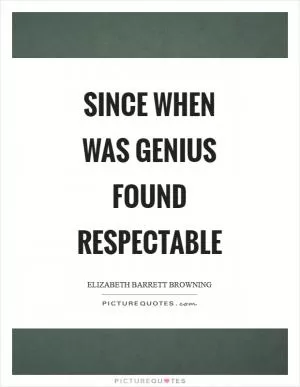

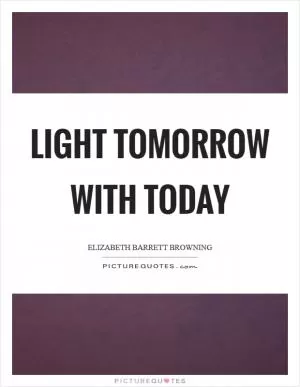
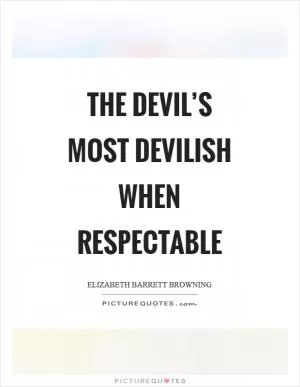


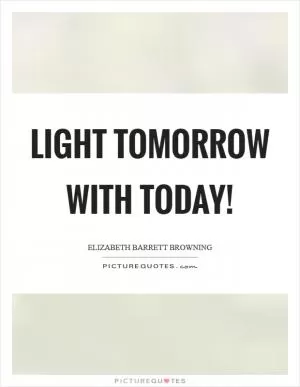

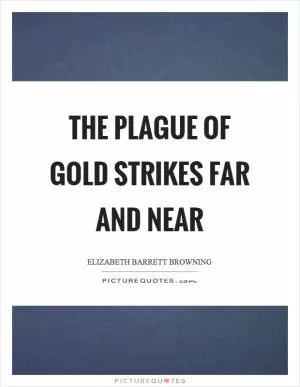
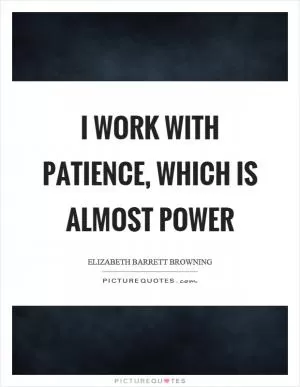
 Friendship Quotes
Friendship Quotes Love Quotes
Love Quotes Life Quotes
Life Quotes Funny Quotes
Funny Quotes Motivational Quotes
Motivational Quotes Inspirational Quotes
Inspirational Quotes